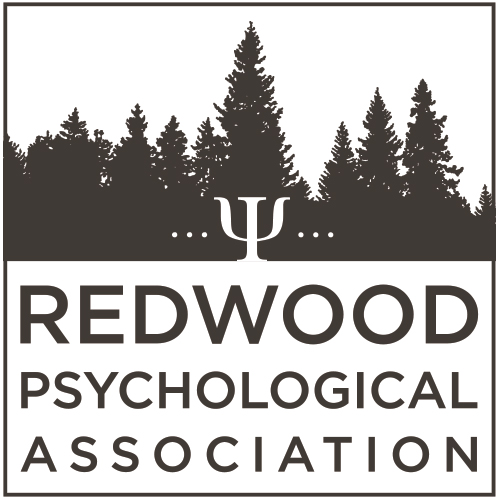Gender identity clinics should screen patients, says lead author of new paper
New research indicates that transgender and non-binary individuals are significantly more likely to have autism or display autistic traits than the wider population – a finding that has important implications for gender confirmation treatments.
The study, led by Dr Steven Stagg of Anglia Ruskin University (ARU) and published in the journal European Psychiatry, is one of the first pieces of research to focus on people who identify as non-binary.
It found that 14% of the transgender and non-binary group had a diagnosis of autism, while a further 28% of this group reached the cut off point for an autism diagnosis, suggesting a high number of potentially undiagnosed individuals.
These figures were primarily driven by high scoring amongst those whose assigned gender was female at birth, supporting recent evidence that there is a large population of undiagnosed women with an autism spectrum disorder.
The authors also found higher levels of systematising (a tendency to analyse, control and use rule-based systems) and lower levels of empathy amongst the transgender and non-binary group, characteristics often found in individuals with an autism spectrum disorder.
The study of 177 people reported an autism diagnosis of 4% for the cisgender group (those whose gender identity matches their gender at birth). This is higher than previously-reported estimates for the wider population and the authors believe self-selection for the study could be responsible.
For the FULL Article click HERE






